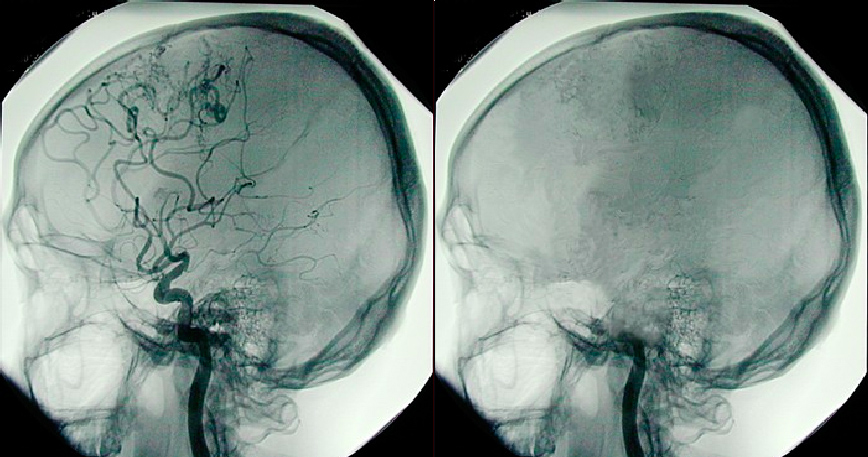Topics:
Search for topics or resources
Enter your search below and hit enter or click the search icon.

This devastating story about Jahi McMath, a young woman who suffered a terrible complication of surgery (and might not have had she received closer attention) is worth reading in and of itself, but the questions it raises about the commonly accepted idea of “brain death” are all the more compelling:
In less than six months, they completed a report, which they published in the Journal of the American Medical Association. The only citation in the article was from a speech by the Pope. They proposed that the irreversible destruction of the brain should be defined as death, giving two reasons: to relieve the burden on families and hospitals, which were providing futile care to patients who would never recover, and to address the fact that “obsolete criteria for the definition of death can lead to controversy in obtaining organs for transplantation,” a field that had developed rapidly; in the previous five years, doctors had performed the world’s first transplant of a pancreas, a liver, a lung, and a heart. In an earlier draft, the second reason was stated more directly: “There is great need for the tissues and organs of the hopelessly comatose in order to restore to health those who are still salvageable.” (The sentence was revised after Harvard’s medical dean wrote that “the connotation of this statement is unfortunate.”)
In the next twelve years, twenty-seven states rewrote their definitions of death to conform to the Harvard committee’s conclusions. Thousands of lives were prolonged or saved every year because patients declared brain-dead—a form of death eventually adopted by the United Kingdom, Canada, Australia, and most of Europe—were now eligible to donate their organs. The philosopher Peter Singer described it as “a concept so desirable in its consequences that it is unthinkable to give up, and so shaky on its foundations that it can scarcely be supported.” The new death was “an ethical choice masquerading as a medical fact,” he wrote.
[…] The commission’s staff philosopher, Daniel Wikler, a professor at Harvard and the first staff ethicist for the World Health Organization, told me that he didn’t think the commission’s theory of death was supported by the scientific facts it cited. “I thought it was demonstrably untrue, but so what?” he said. “I didn’t see a downside at the time.”
The original impetus for making “brain death” the criterion for death was a noble one — the medical community wanted clarity on when they could harvest organs for transplantation. This impetus seems to have worked out pretty well; in my experience the concept of brain death is remarkably effective at helping people to allow their family members to die. But it’s a definition made up by people who value their ability to think very highly and a definition that centers our dignity and life around our cognitive capacity — which I think is incredibly dangerous for vulnerable people who might not be able to think as well. If someone whose brain is not working at all is legally dead, then someone whose brain is maybe functioning at about 20% might well find their own legal rights significantly curtailed or eliminated.
Now, I think that dying people should generally be allowed to die, and people who have had so much of their brain obliterated by a lack of oxygen almost always fall into the category of “dying people”. (I wrote about this more here.) I respect the choices of Nailah Winkfield (Jahi’s mother), but I would never choose them for myself or my family because I don’t think a dying person is honored by artificially feeding and ventilating him or her. Yet if we want to be scientifically rigorous and ethically appropriate, we have to allow this ambiguity to persist until the heart stops beating. (For a more thoughtful defense of brain death, you can read here.)
Does that make things more difficult and complicated? Yes. Is it better than the nebulous “brain death” criteria? Yes.
Matthew Loftus teaches and practices Family Medicine in Baltimore and East Africa. His work has been featured in Christianity Today, Comment, & First Things and he is a regular contributor for Christ and Pop Culture. You can learn more about his work and writing at www.MatthewAndMaggie.org
Topics: